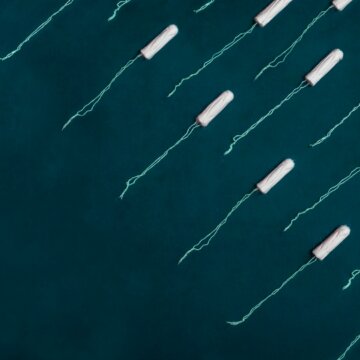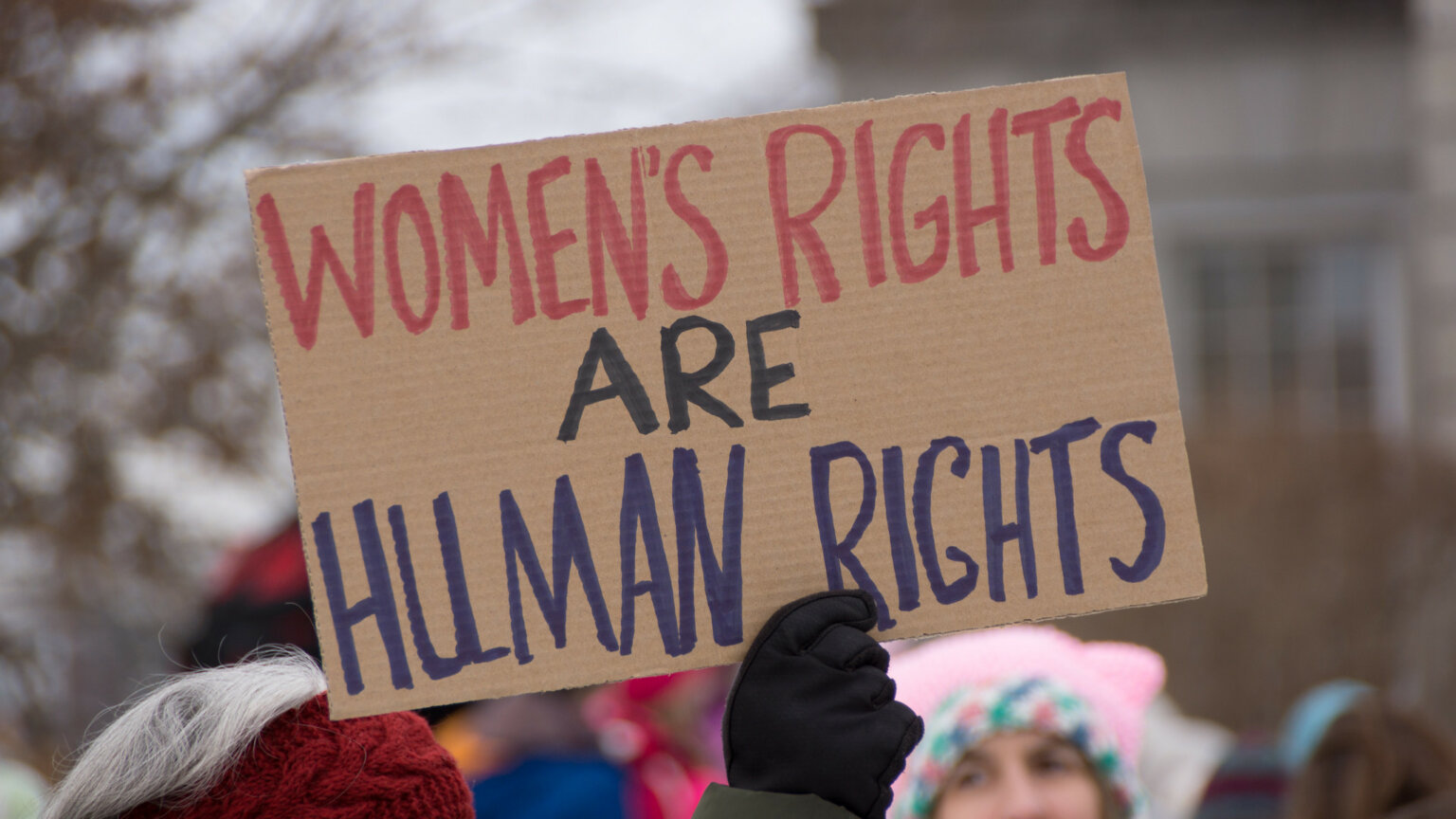- About
- Topics
- Picks
- Audio
- Story
- In-Depth
- Opinion
- News
- Donate
- Signup for our newsletterOur Editors' Best Picks.Send
Read, Debate: Engage.
| topic: | Women's rights |
|---|---|
| located: | Brazil, Mexico |
| editor: | Ellen Nemitz |
Brazilian women and activists took to social media to criticise president Jair Bolsonaro’s veto of a project that would distribute menstrual products to poor women who cannot afford them. The decision, which will still be discussed by parliamentarians (who can reject the veto), affects low income students in public schools and women living on the streets or under extremely vulnerable conditions, as well as those in prisons.
Not providing free menstrual pads and tampons for girls and women can have effects on their lives in both health and economic aspects. Brazilian surveys show that at least 25 percent of girls have already missed classes for lacking the means to afford these items, and almost 30 percent of women could not buy menstrual products at least once in their lives.
In an interview with the local TV journalistic show Fantástico, the gynecologist Larissa Cassiano affirmed that some women can resort to useless and even dangerous materials to stop the flow, such as bread crumbs or cotton. These stratagems may result in infections and even permanent problems, the doctor explained.
Furthermore, an article published by the social project Mexico Social emphasises that not having access to the right products during menstruation contributes to gender inequality since going to school or to work can be impossible. "In other words, the lack of access to sanitary products is a major barrier that prevents millions of women and girls around the world from reaching their full social and economic potential," say Magdalena Sepúlveda Carmona and Catarina de Albuquerque in the article ¡Paremos ya la pobreza menstrual! (Let's stop period poverty now!).
Another data point presented by the authors suggests that fulfilling women's basic needs may cost more than men's. According to the research, most countries identify menstrual products as a luxury and non-essential in order to charge sales taxes on them while doing the opposite for deodorants and razors, for example.
Period poverty affects girls and women in almost all countries - every day, 800 million women are going through their periods, studies show. For this reason, humanitarian organisations work to fight the lack of resources that leads to this situation, and activists try to make the issue more visible.
The environmental aspect, however, should receive more attention in these discussions. If sanitary pads are essential to prevent period poverty, they can also be a threat to the environment. To solve the two problems at the same time, an award-winning idea from the Brazilian Product Design student Rafaella de Bonna Gonçalves offers one biodegradable pad to a vulnerable women for each one sold. Another great project is carried out by the NGO Action Aid, which gives women training "on how to make reusable sanitary pads, which are affordable and sustainable." There are many such initiatives worldwide, such as the Singaporean- based start- up Freedom Cups, which distributes reusable menstrual cups.
Thus, while giving women menstrual safety and dignity right now is an obligation for any policy maker, investing in reusable products is cheaper and greener - thus helping women in a more sustainable way.
Photo by Josefin

